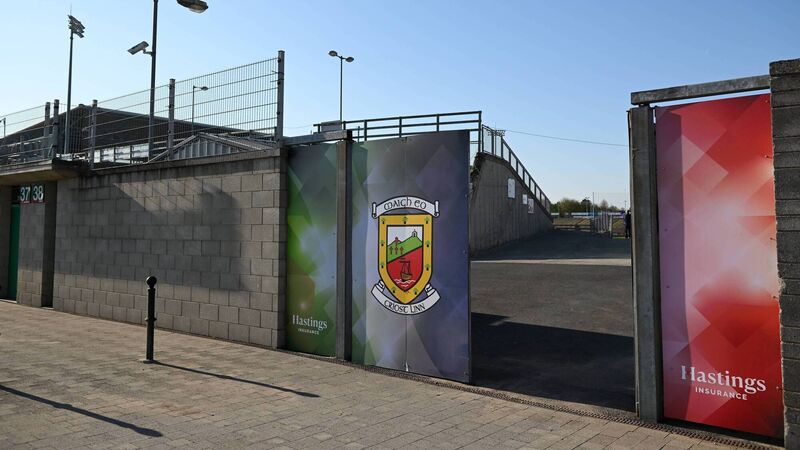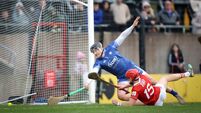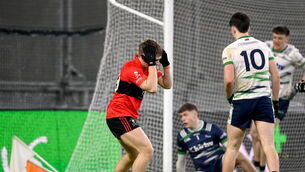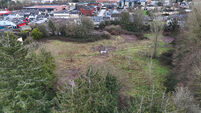Mayo GAA reveals €7.8m debt and garda complaints over online abuse at heated county board meeting

GAA president Jarlath Burns and director general Tom Ryan were both in attendance at the Mayo GAA county board meeting on Monday night. Pic: Brendan Moran/Sportsfile
Mayo delegates were told details of their loan arrangement with Croke Park, the ongoing situation with the Revenue Commissioners and complaints to the gardaí about abusive emails during an extraordinary special meeting of the county board on Monday night in Westport.
GAA president Jarlath Burns and director general Tom Ryan were both in attendance and addressed club delegates directly. Before it started, the county released a statement to announce Kevin McStay has stepped back from his role as manager of the Mayo footballers for the "immediate future" to "deal with some personal health issues". Former manager Stephen Rochford, a member of McStay's backroom team, will take over.














